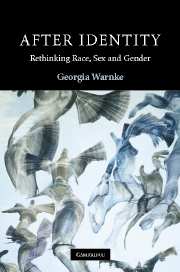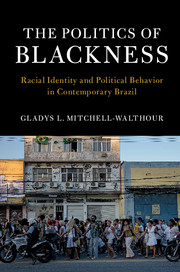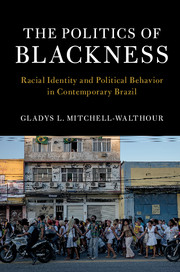After Identity
Social and political theorists have traced in detail how individuals come to possess gender, sex and racial identities. This book examines the nature of these identities. Georgia Warnke argues that identities, in general, are interpretations and, as such, have more in common with textual understanding than we commonly acknowledge. A racial, sexed or gendered understanding of who we and others are is neither exhaustive of the 'meanings' we can be said to have nor uniquely correct. We are neither always, or only, black or white, men or women or males or females. Rather, all identities have a restricted scope and can lead to injustices and contradictions when they are employed beyond that scope. In concluding her argument, Warnke considers the legal and policy implications that follow for affirmative action, childbearing leave, the position of gays in the military and marriage between same-sex partners.
- Applies its concepts of identity in order to interpret current controversies over same-sex marriage and gays in the military
- Includes examinations of nineteenth and twentieth century legal cases pertaining to racial, sex and gender identities
- Deals with relevant literatures in law, medicine, science and cultural studies
Reviews & endorsements
"Georgia Warnke is a past master in the theory and practice of political hermeneutics. Here she turns her interpretive prowess to the logic of racial, sex, and gender identification and manages to generate a wealth of novel insights into familiar problems. Identifications, she lucidly argues, are ways of understanding ourselves and others; like interpretations of texts, they are unavoidably contextual, purposeful, and partial; thus any attempt to deploy them as all-purpose markers inevitably leads to the sorts of conflicts and quandaries that now pervade our public life. Warnke's is the most cogent foundational case I know for the sheer irrelevance of race, sex, and gender identifications in the major institutions of our society."
Thomas McCarthy, William H. Orrick Visiting Professor, Yale University
"The most exemplary theoretical work takes ordinary concepts and reimagines them in ways that expose both their possibilities and their limitations. In her explications on gender, sex, and race, Warnke is able to do just that...By unearthing the ambiguities within concepts of race, sex, and gender, Warnke coaxes even the most reluctant readers to reconsider and revise their assumptions about both identity and the ways that identity ought to be processed by the laws, policies, and processes of a democratic society."
Perspectives on Politics, Rafia Zakaria, Indiana University at Bloomington
"...Warnke’s account helps to explain the interpretive nature of social identities, to make sense of the fact that there can be plural good interpretations, and thus to advance the debates."
Signs: Journal of Women in Culture and Society, Linda Alcoff, City University of New York
Product details
January 2008Hardback
9780521882811
266 pages
229 × 152 × 19 mm
0.54kg
Available
Table of Contents
- Introduction: reading individuals
- 1. The tragedy of David Reimer
- 2. Racial identification and identity
- 3. Race and interpretation
- 4. Sex and science
- 5. Rethinking sex and gender identities
- 6. Marriage, the military and identity
- 7. Hermeneutics and the politics of identity
- Conclusion.









